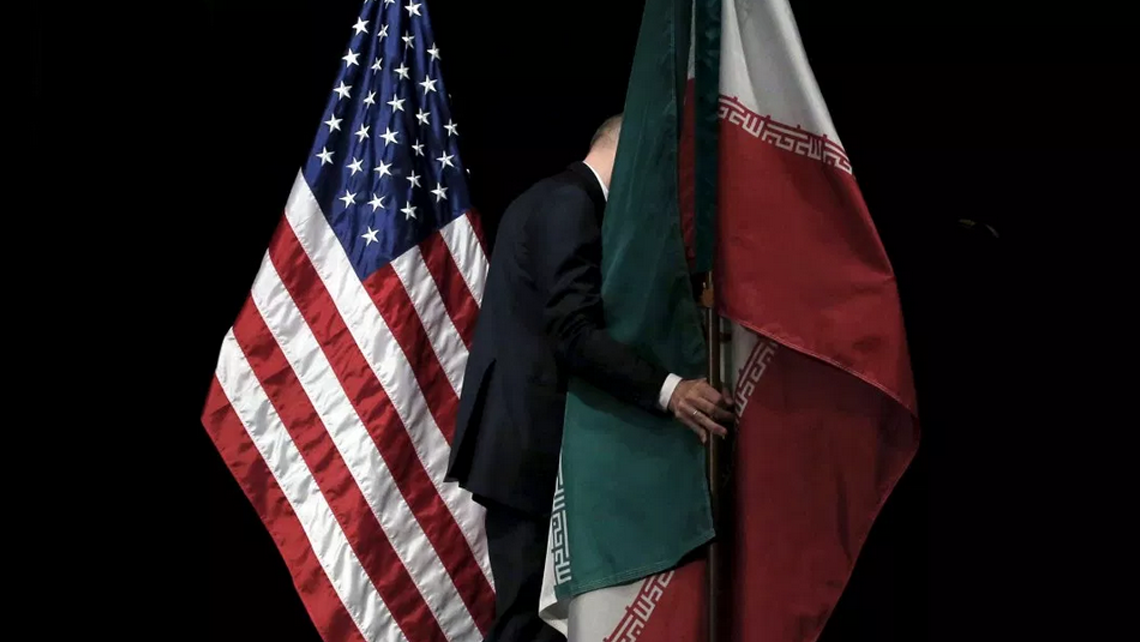Iranians are gathering today for picnics to mark sizdah bedar, the culmination of the annual celebration of the Persian new year (Nowruz.) Nowruz, a pre-Islamic holiday that coincides with the spring equinox, remains “so embedded in Persian culture” that it endured the early puritanism of Iran’s post-revolutionary era. For millions of Iranians and others who celebrate, the weeks around Nowruz mark an annual opportunity for ritual and renewal, a time for housecleaning and family get-togethers, casting out the dark winter and welcoming the fresh buds of spring.
For Iran’s leadership, the advent of a new year comes at a time of historic uncertainty, both at home and across the regional and international horizon. The street protests that erupted unexpectedly in late December and convulsed 80 cities across Iran have mostly abated now, but frustration over economic conditions and social and political restrictions continues to smolder. That unrest has left Tehran’s political class feeling unusually on edge, sharpened by new provocations from former President Mahmoud Ahmadinejad and the intensifying jockeying around a future succession process for Iran’s supreme leader.
Meanwhile, having beaten back the Islamic State in Iraq and opponents of Bashar Assad in Syria, Tehran now faces powerful resistance to its expanded regional posture—from Israel, which has launched attacks on Iranian positions in Syria, and from its traditional rival Saudi Arabia, whose brash young crown prince appears determined to contest Iran’s reach at any price. Across a tense and unsettled region, Iran remains the 800-pound gorilla, but Iranian commanders are wary about the prospect of new pushback, promising that “we won’t be blindsided by the enemies.”
Dark clouds in DC
The most imminent threat, however, emanates from Washington, where the Trump administration is poised to upend the 2015 nuclear deal, a move that would reinstate harsh economic sanctions on Iran and intensify frictions between the two old adversaries.
Last week’s announcement that former Bush administration official John Bolton will join the White House on April 9 as Trump’s third national security advisor casts an even more ominous pall over the start of the new year for Tehran. Bolton has consistently and vociferously campaigned against the nuclear deal (the Joint Comprehensive Plan of Action, or JCPOA), insisting that “Trump can and should free America from this execrable deal at the earliest opportunity” and outlining a step-by-step plan for doing so. He proposes to replace diplomacy with military strikes to destroy Iran’s nuclear infrastructure, coupled with “vigorous support for Iran’s opposition, aimed at regime change in Tehran.” Even more unfortunately, Bolton has depicted a deranged, discredited cult of Iranian expatriates as a legitimate opposition movement—a ludicrous embrace that defies explanation, except perhaps the group’s lavish kickbacks.
With Bolton managing the interagency decisionmaking process—and another opponent of the agreement, Mike Pompeo, taking the helm at the State Department—Iranians and the world are already beginning to brace for America’s retreat from the Iran nuclear deal. The appointments added a note of fatalism to an already fitful dialogue between Washington and Europe, aimed at heading off President Trump’s ultimatum to address the agreement’s perceived shortcomings before the May 12 deadline for extending U.S. sanctions waivers on Iran.






